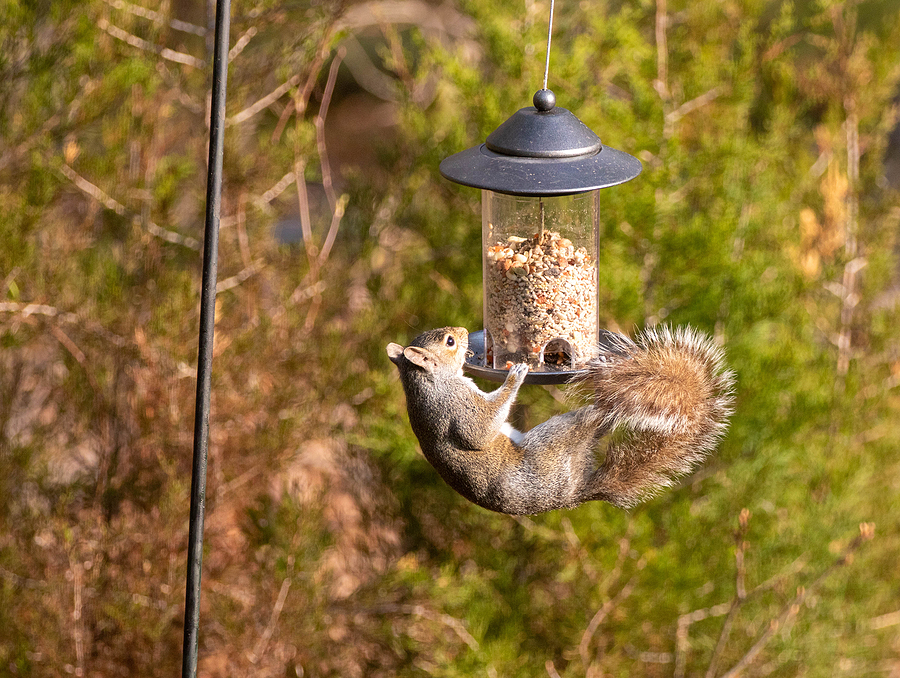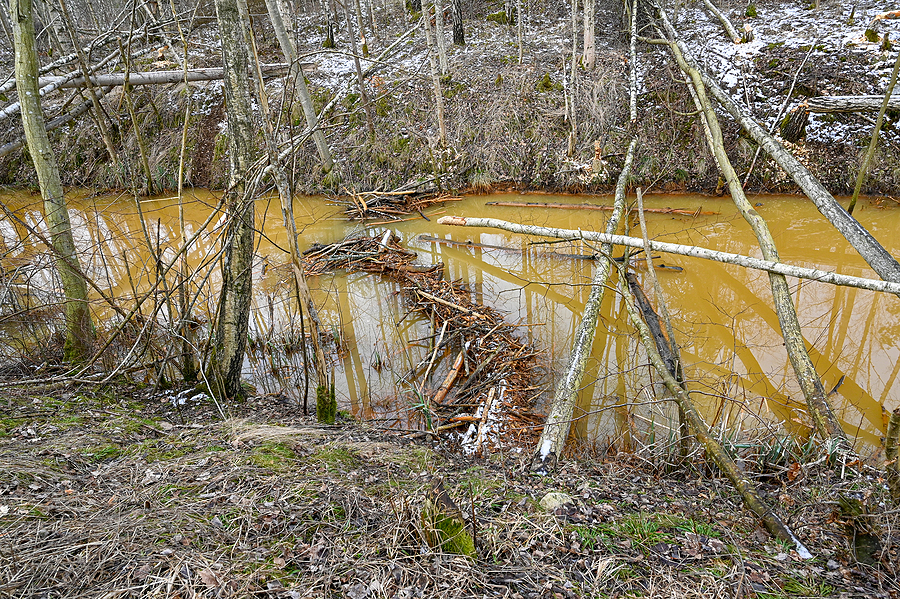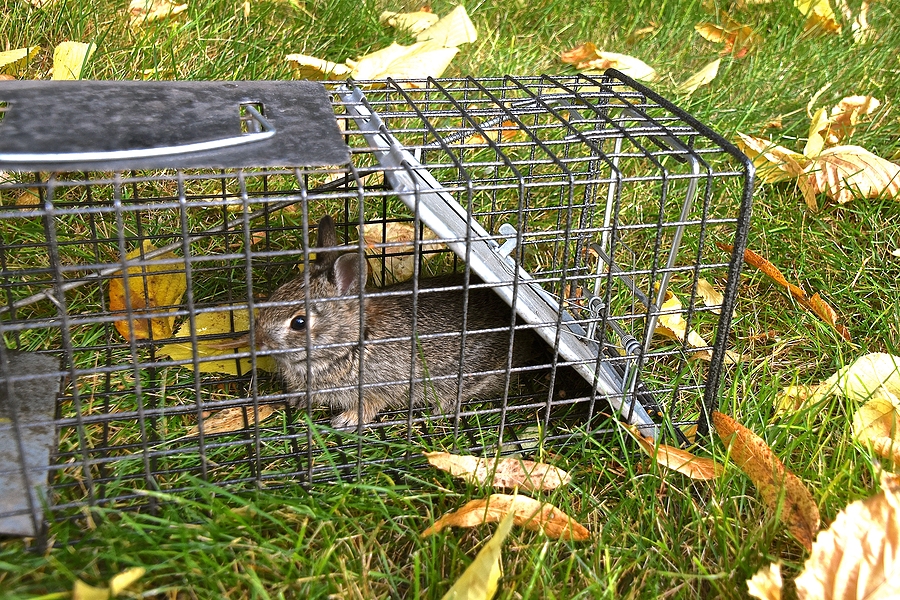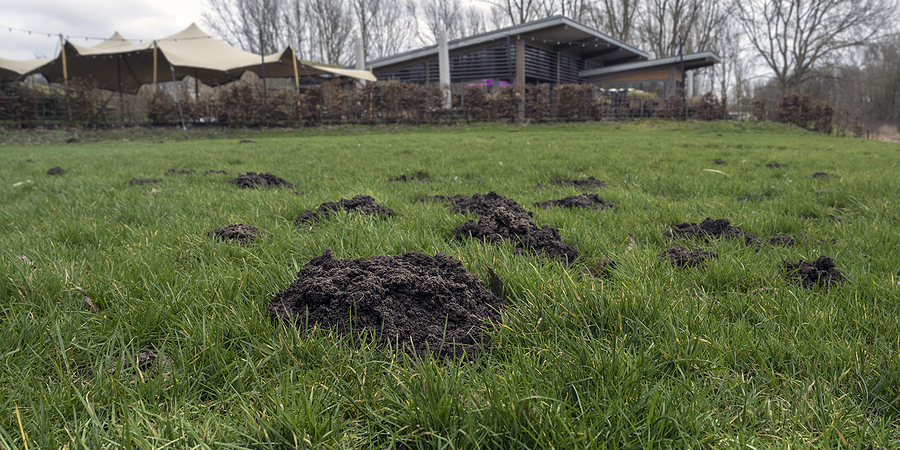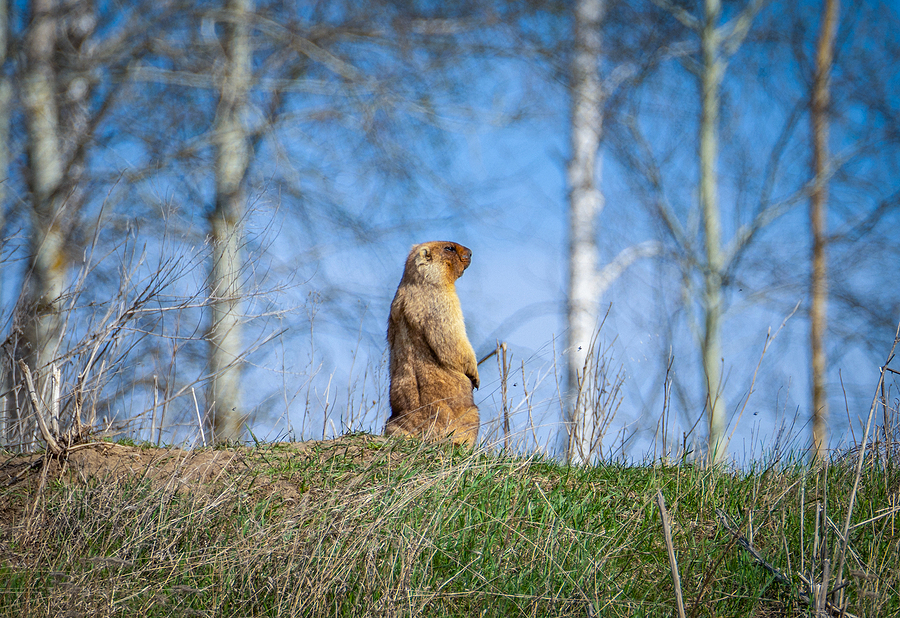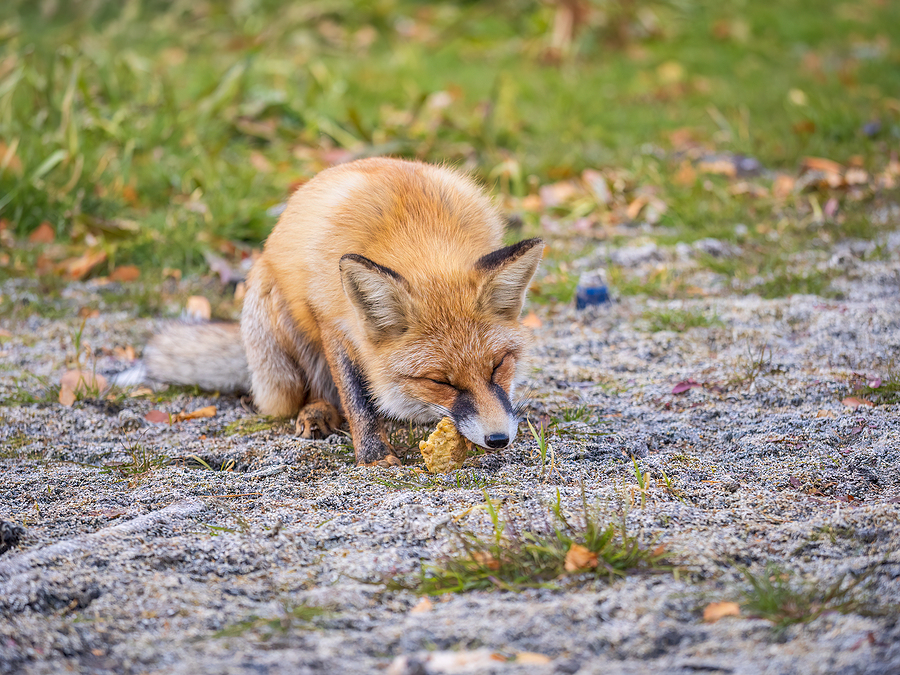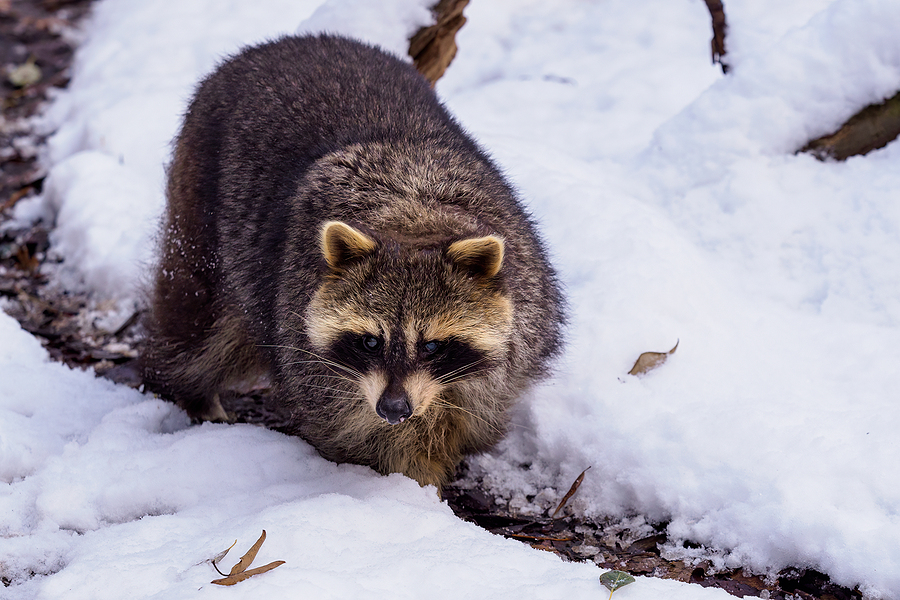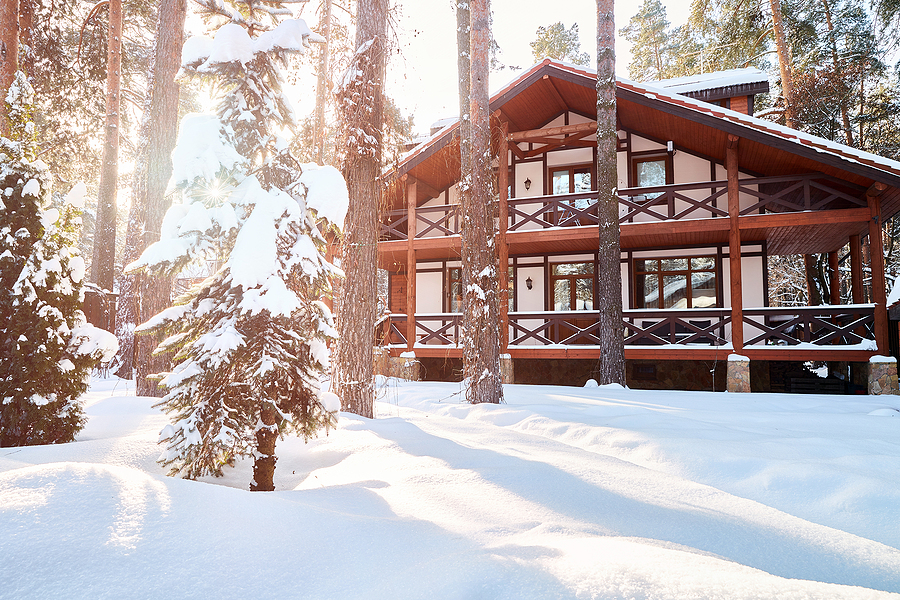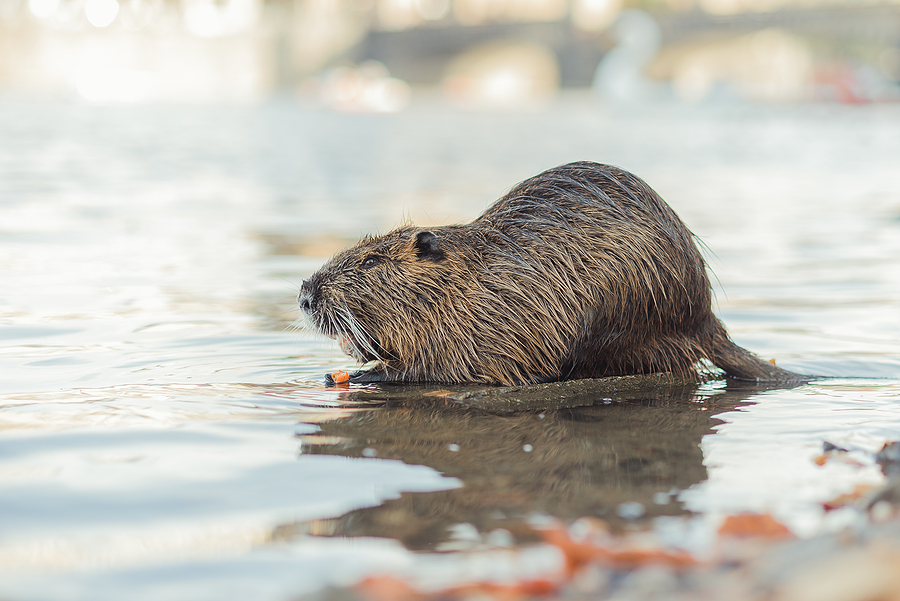Are you dealing with a chipmunk infestation on your property? Chipmunks are small, yet very pesky rodents that can quickly take over your yard and cause significant damage. They dig deep burrows in the ground that can undermine foundations, destroy gardens, and ruin flowerbeds.
If you’re looking for an effective way to get rid of chipmunks from your property, this guide is for you! We’ll explain how to identify a chipmunk nest and provide step-by-step instructions on how to remove it safely. We will also share tips on how to prevent future infestations so that you don’t have to worry about these furry critters again!
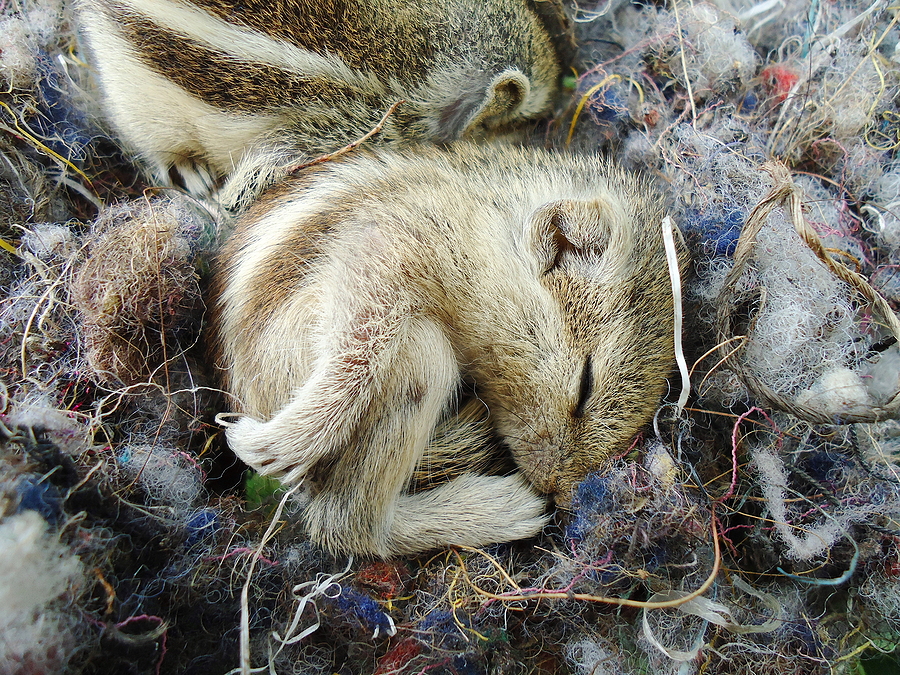
How to Locate Chipmunk Nests
First, you’ll need to identify the chipmunk nest. Look around your property for signs of the pesky critters – look for mounds of dirt near trees and other sources of food like bird feeders or garbage cans. You may also see them darting around in search of food during the day. Once you have located the nesting area, take some time to observe it from a safe distance before attempting to remove it.
How to Remove a Chipmunk Nest
Next, it’s important to prepare for removal. Wear thick gloves and protective clothing when attempting this task as chipmunks can be very aggressive when cornered. You’ll also want to get rid of any potential food sources that may attract more chipmunks to your property in the future.
Finally, use a shovel or other tool to carefully remove the nest and any debris associated with it. Place the material in a sealed bag and dispose of it properly. Once the chipmunk nest has been removed, fill in the remaining hole with dirt and lay down some strong-smelling deterrents like peppermint oil or cayenne pepper to keep chipmunks away from your property.
Choose Professional Chipmunk Removal Services for Lasting Results
If you’re dealing with a chipmunk infestation in or around your home, it’s important to take action quickly to get rid of them. Hiring a professional Indianapolis wildlife control company is the best way to ensure that the job gets done right and that the chipmunks are removed safely and humanely from your property. The benefits of hiring a professional critter control service for chipmunk removal are numerous.
First, these companies have trained animal removal experts who know how to identify signs of an infestation as well as the most effective methods for trapping, exterminating, and removing them from your home or business. They also understand what needs to be done in order to mitigate any future issues with chipmunks entering your property again.
Additionally, these services often use humane traps that don’t cause the animals to suffer during capture and release processes, but still ensure they won’t return later on down the line. In addition, many offer preventative measures and mole controls, such as sealing up potential entry points into buildings or installing fences around outdoor areas where chipmunks might try to gain access again in the future.
Get Rid of Chipmunks For Good
Taking these steps will help you get rid of chipmunks quickly and effectively! For more information on chipmunk removal and control, contact a DNR licensed and insured wildlife control company in Indianapolis for assistance. They can provide you with expert advice and tips on how to keep pesky critters away for good. They can also provide professional chipmunk trapping and removal services, as well as chipmunk nest damage repair and cleanup.
Are you at your breaking point trying to rid your property of nuisance chipmunks? Contact Budget Animal Removal at 317-875-3099 for DNR licensed and insured chipmunk removal and control in Indianapolis and its surrounding counties. We also work with all other species of wildlife native to Indiana, including squirrels. Request a free estimate or advice, today!
Related Posts:
Chipmunk Facts That Will Help You Protect Your Home and Garden
How to Get Rid of Nuisance Chipmunks
Animal Control Tips for Nuisance Squirrels

